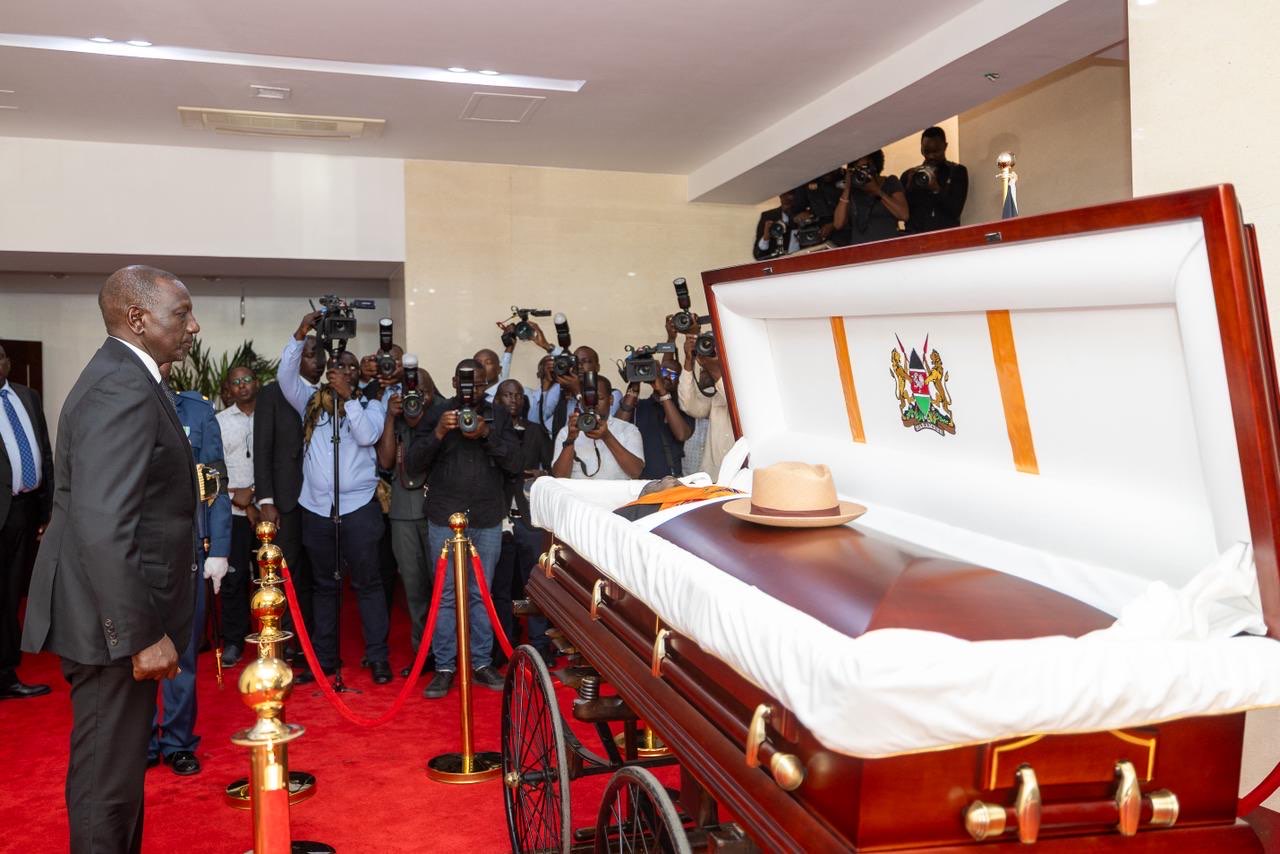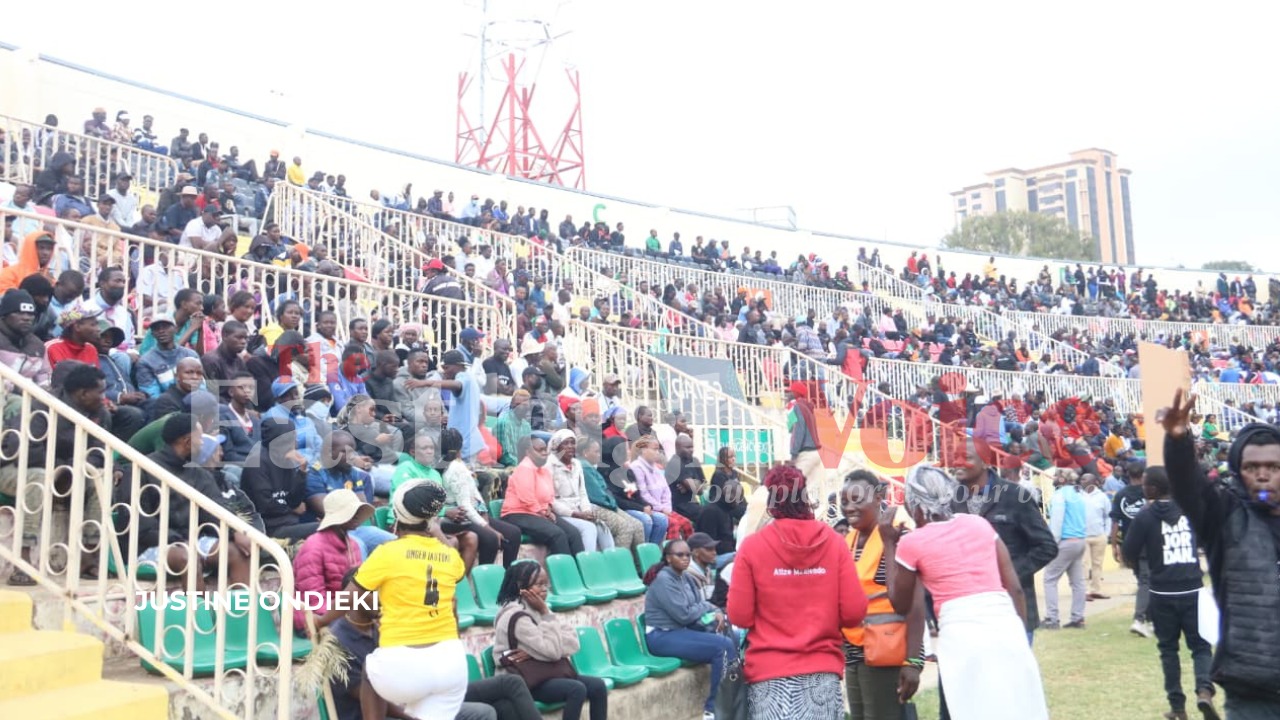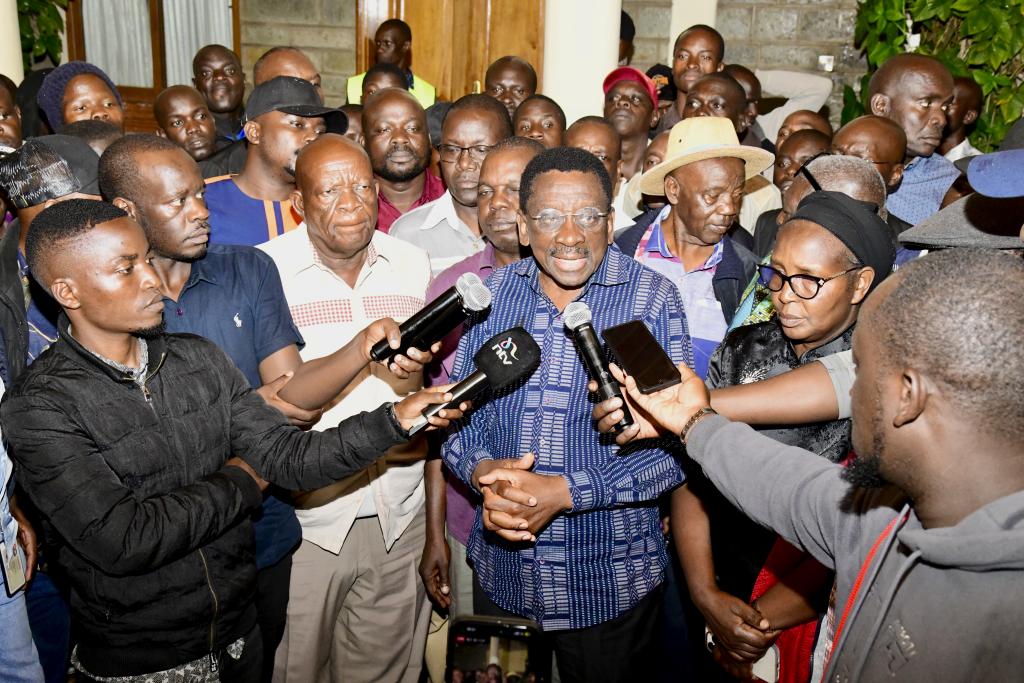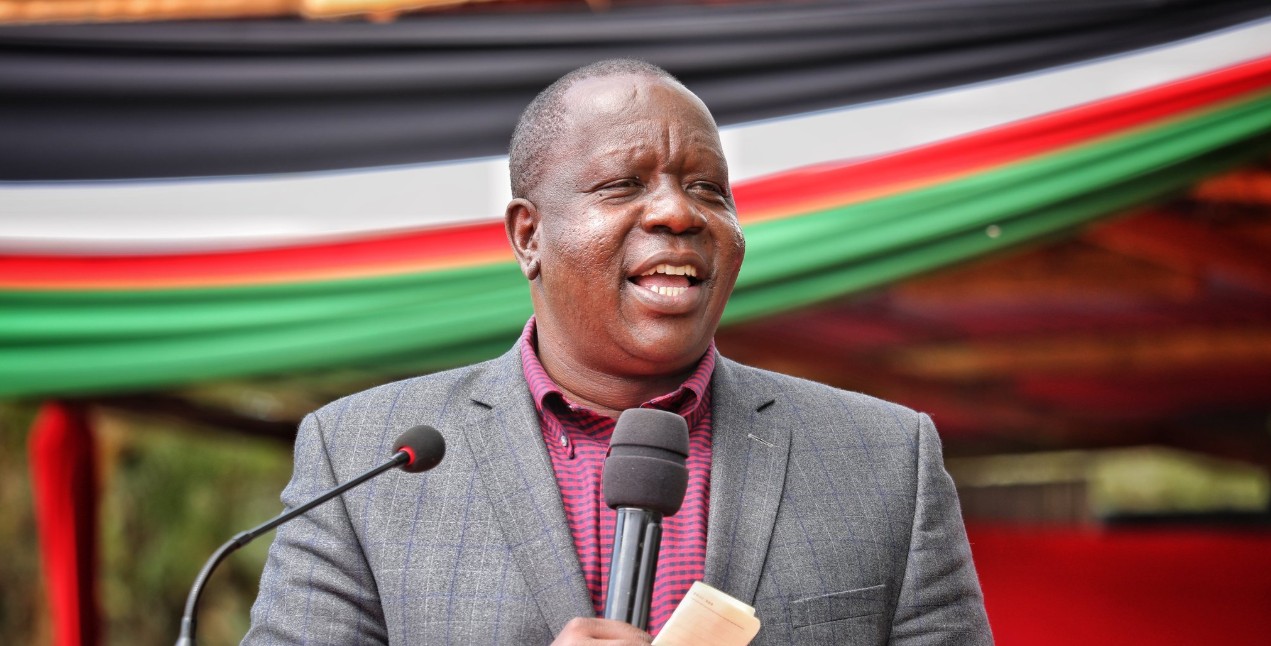Government to prioritise roads in security-challenged regions, says Murkomen
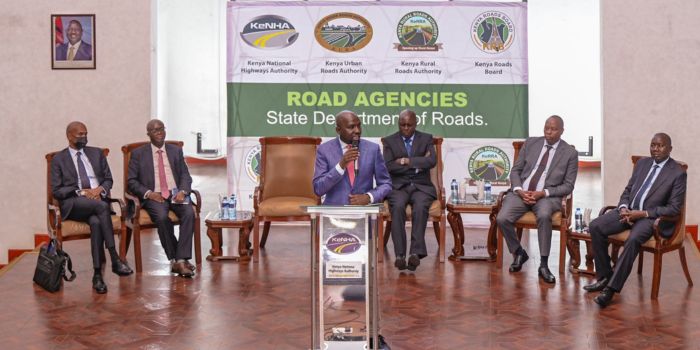
The CS noted that the vast regions need affirmative action, which are policies and practices aimed at benefiting marginalised parts of the country.
Kenya's security-challenged regions need high-quality roads, Transport Cabinet Secretary Kipchumba Murkomen has said while pushing for them to be matched with the rest of the country.
Speaking in Nairobi on Monday, during a consultative meeting with the regional directors of all road agencies nationwide, the CS noted that the vast regions need affirmative action, which are policies and practices aimed at benefiting marginalised parts of the country.
More To Read
- MPs slam road agencies over billions spent on poorly maintained roads
- Mombasa’s road safety overhaul: Multi-agency crackdown brings order to chaotic streets
- Counties to receive direct funding for road maintenance after passage of new Bill
- MPs demand KeRRA submit project certificates amid road levy discrepancies
- KURA gives Garissa encroachers 30 days to vacate urban road reserves
- Authorities announce diversions after closure of section of Mombasa Links Road as major drainage project begins
"Security-challenged regions need special consideration to ensure the standard quality of work is achieved," he said, adding that the ministry was developing a comprehensive position paper on the state and future of road infrastructure in Kenya.
This document will inform government policies and programmes, ensuring that the road network meets the country's evolving needs.
At the meeting, the CS received a technical assessment report of the damage to roads and other transport infrastructure caused by El Nino last year and the March-May heavy rains and flooding.
The report confirmed an announcement he made earlier, regarding the cost of damage.
"The findings place the cost of damage to our roads at Sh37.3 billion," Murkomen said, breaking it down as Sh18.5 billion for the Kenya Rural Roads Authority (KeRRA), Sh9.7 billion for the Kenya National Highways Authority (KeNHA), and Sh9.1 billion for the Kenya Urban Roads Authority (KURA).
"The restoration of the damaged infrastructure has begun, starting with the most critical ones where people are cut off, even as we await [funds] allocations in the next financial year."
Murkomen further said his ministry was seeking the support of development partners, considering the extent of the damage.
"This means there is a need for increased accountability in the use of road resources. Closer supervision of work is critical to ensuring value for money," he said, challenging KeRRA, KeNHA, and KURA directors to ensure quality via strict adherence to road maintenance standards and standard operating procedures.
"I urged the directors to ensure adherence to standards on road structures such as bumps and ensure timely markings and signage even for temporary works."
He noted that the ministry was concerned by the lack of maintenance funds for some roads under KeRRA.
"We discussed how to use resources from the road maintenance levy to correct this situation, in conjunction with Parliament," he said.
Top Stories Today

